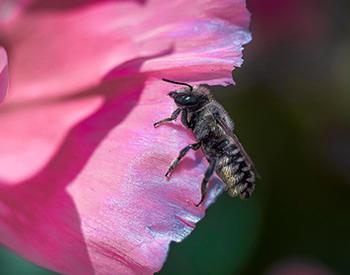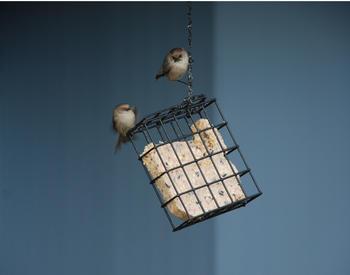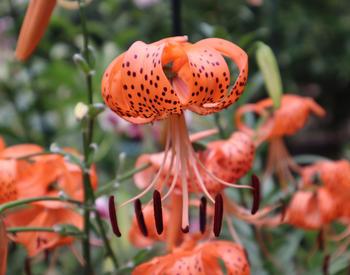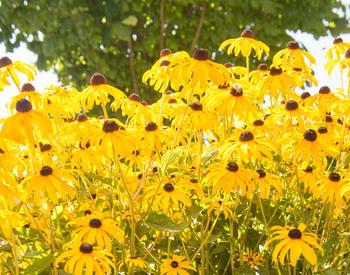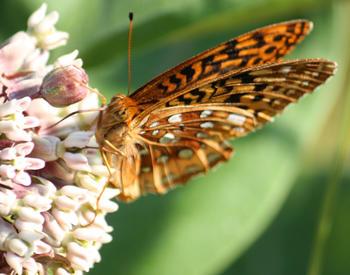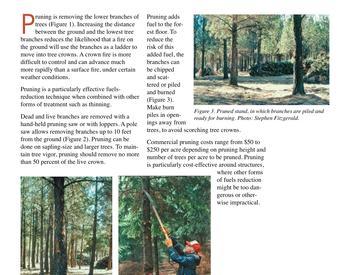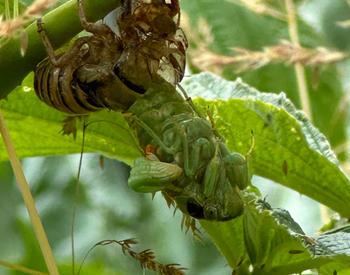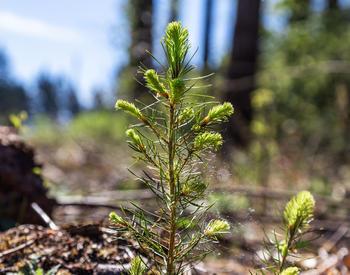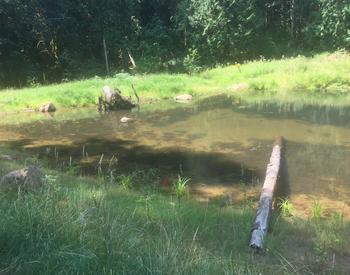Transcript
(light gentle music)
- So we've spoken a lot about pollinators
that are busy during the
daylight hours, including bees
but there's also an entire group
of pollinators that pollinate at night
and they require a dark habitat
to be able to do their jobs.
One of our most important
nocturnal pollinators are moths
but moths unfortunately are
attracted to landscape lighting
or porch lights on our homes.
So, what we can do to create
a dark, nocturnal habitat
for them is to first and foremost,
turn off those lights at night.
If you don't need them, keep them off.
The next best thing
you can do is make sure
your lights are set to motion sensors
or on timers so they only
turn on when there's activity.
If you do need to use outdoor lighting,
try lighting such as these.
These are able to cast the light downwards
so you're illuminating
the ground and not the sky
and you're less likely
to attract pollinators
such as moths over to the lights
and away from the important
work of nocturnal pollination.
Another important problem with
artificial lights at night
is how it affects migrating birds.
So turning those lights
off also helps them
get where they're going.
(light gentle music)
This video discusses night time pollinators and what you can do to reduce light pollution.
